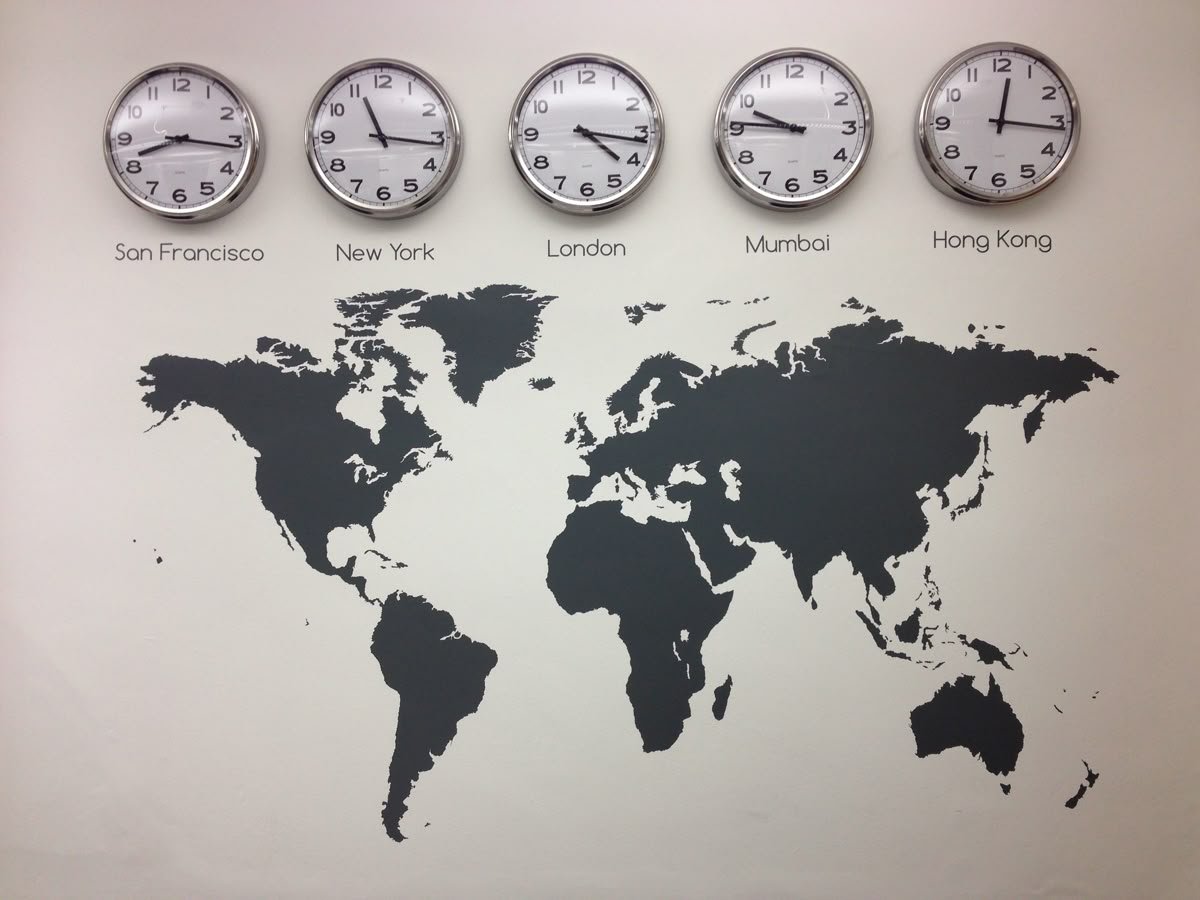For all the talk about beaches, coworking hubs, and endless freedom, one of the least glamorous but most decisive factors in digital nomad success is time zone management. It’s not as flashy as “best countries for visas” or “cheapest places to live,” but it quietly makes or breaks careers. Ask any seasoned nomad, and they’ll tell you: if you can’t master time zones, you won’t last long.
Why Time Zones Matter More Than You Think
Digital nomadism isn’t just about moving around; it’s about sustaining work that pays the bills while enjoying the benefits of global living. That means you’re often dealing with:
- Clients who expect responses during their working hours.
- Teams spread across multiple continents.
- Meetings that may fall at odd hours depending on where you are.
This isn’t just logistics,it’s economics. Many nomads fail not because they lack skills, but because they can’t deliver consistently when their workday is completely misaligned with their employers or clients.
For example, imagine a freelance developer from New York working with a startup in San Francisco. That’s already a 3-hour gap. If the same developer relocates to Bali, the gap widens to 15 hours. Unless he restructures his schedule, he’ll either miss critical calls or live his life at 3 AM.
The Three Time Zone Strategies
Successful nomads tend to adopt one of three models:
1. The Client-First Model
Here, you prioritize your client’s or employer’s time zone, regardless of where you live. If your team is in London, you structure your day to align with their 9–5, even if you’re in Mexico or Thailand.
- Pros: Keeps communication smooth, shows reliability, reduces missed opportunities.
- Cons: Can lead to “vampire schedules” where your work hours clash with the natural rhythms of your location.
2. The Geo-Alignment Model
Instead of bending your life around clients, you choose destinations that fit your client base. If most of your work is U.S.-based, Latin America often makes more sense than Southeast Asia. If your employers are in Europe, cities like Istanbul or Cape Town keep you close enough in working hours.
- Pros: Balances lifestyle with productivity, reduces late-night meetings.
- Cons: Limits your travel freedom,you can’t just move anywhere without considering the clock.
3. The Hybrid Model
You divide your workflow: real-time tasks align with clients, while deep-focus tasks are done on your schedule. For example, you might handle meetings in client hours but save creative or technical work for your local morning.
- Pros: Maximizes personal productivity while staying connected.
- Cons: Requires strict discipline and careful scheduling tools.
Tools for Time Zone Mastery
Technology makes this easier, but only if you actually use it:
- World Time Buddy or Timezone.io – Great for comparing global clocks.
- Google Calendar with multiple time zones – A lifesaver for scheduling.
- Slack integrations – Can show teammates’ local times automatically.
- Calendly – Lets clients book calls only during your defined availability.
But tools aren’t enough,you need systems. Color-code your calendar. Create non-negotiable “no-call windows” for sleep and health. Build habits so you don’t slip into the trap of always being “available.”
The Hidden Impact on Health & Lifestyle
Time zone mismanagement doesn’t just affect productivity,it wrecks your body. Constantly shifting between night owl schedules and daylight hours leads to poor sleep, brain fog, and eventual burnout.
Digital nomads who last years instead of months learn to guard their circadian rhythm. They plan travel not just around visas and rent but around time zones that allow a sustainable daily rhythm.
Case Study: The Smart Nomad
Take Marcus, a 32-year-old consultant from Atlanta. His clients are mostly U.S.-based. At first, he tried living in Southeast Asia, but after six months of 3 AM calls, his energy tanked. Instead of quitting nomad life, he relocated to Colombia. Suddenly, he’s only 1–2 hours off from most of his clients. His productivity doubled, his health stabilized, and his career actually grew.
That’s the power of time zone management.
Final Thoughts
Being a nomad is not just about hopping on flights,it’s about building a sustainable rhythm where your geography doesn’t sabotage your career. Master time zones, and you can keep your freedom without sacrificing your income or health. Ignore them, and you’ll burn out fast.
In short, nomad success isn’t determined by the stamp in your passport, but by how well your calendar aligns with the rest of the world.













